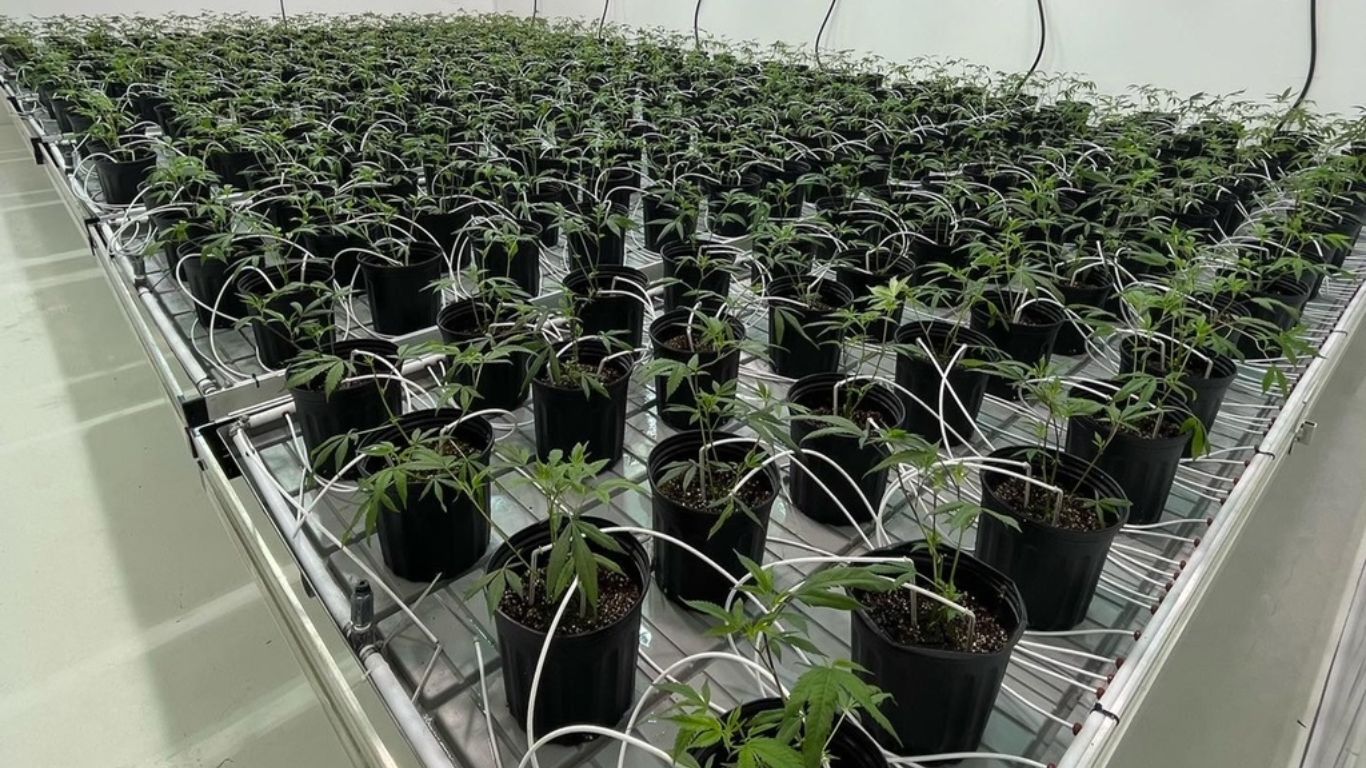
The second round of the fight against Quebec’s homegrown cannabis ban begins this week.
The law firm that helped first take on the Quebec government’s homegrown cannabis ban will be back in court this week as the province seeks to appeal the 2019 ruling that overturned the government ban.
Quebec originally banned all homegrown cannabis (non-medical) in 2018 but had the law overturned in late 2019 following a court challenge led by SGF Groupe, a division of Saraïlis that specializes in cannabis law and consulting.
The group now says they will be back in court on April 27 to begin the second round of this fight, facing off against the government again.
The agency will be missing one member who was part of the original, successful case overturning the ban who now works as legal counsel for the province’s cannabis branch, the Société Québécoise du Cannabis (SQDC).
The Quebec government had argued that they had the right to ban cannabis production entirely, and were doing so to protect young people. The court disagreed, stating that while the province had the right to limit the number of plants a Quebecer could grow in their home to less than the four plants allowed under federal law, they could not limit it to zero, or ban it entirely.
While federal law in Canada established allowances for things like up to four homegrown cannabis plants, or up to 30 grams of cannabis in one’s possession while in public, provinces are allowed to lower those amounts, within reason. This is similar to how there is a federal age limit of 18 for access to alcohol, but provinces can raise this amount.
All provinces and territories in Canada except Alberta and Quebec have established 19 as the age of access for cannabis. Alberta’s is 18 and Quebec’s is 21.
Lead lawyer poached by province
Julien Fortier, a former lawyer with Saraïlis and a consultant with the SGF group, is the lawyer who successfully took on the Quebec government’s ban on homegrown cannabis.
Following the 2019 ruling, the Quebec government quickly announced their intentions to appeal the ruling, and shortly thereafter Fortier was hired by the Société Québécoise du Cannabis (SQDC) as legal counsel.
A representative for the SQDC says Fortier was hired as the SQDC’s internal counsel after “a rigorous hiring process through which he emerged as the best choice for the position opened at that time. Understandably, Mr. Fortier’s qualifications in cannabis legislation supported his candidacy, along with several other areas of evaluation.”
The young lawyer’s role at the SQDC, explains the representative, is advising the crown cannabis corp. on its management of matters including governance and corporate documentation.
Although Fortier is not involved in the Quebec government’s appeal of the homegrown case—handled by the Attorney General for Quebec who handles litigations related to the constitutionality of statutes—the move does in effect ensure Fortier is not able to handle the province’s challenge of the 2019 ruling against their home grow ban.
Manitoba home-grow challenge progresses
Meanwhile, a challenge to the other Canadian province that banned homegrown cannabis is in the works of being challenged as well. Jesse Lavoie, who is leading the challenge to the Manitoba homegrown cannabis ban, filed affidavits earlier this year and hopes to be in court later this year to formally challenge the ban.
Lavoie launched his challenge of Manitoba’s section 101.15 of the Liquor, Gaming and Cannabis Control Act last September. The government’s own affidavit, filed in response last year, focuses on what they say is a risk to youth and others if people can grow their own cannabis, risk of diversion to the illicit market, risk to property, quality control concerns, and the difficulty of enforcing plant limits.
Lavoie’s own affidavits in response to Manitoba’s, filed today in Manitoba court, aim to address these concerns and rebut them, utilizing the input from their own team of experts. The government will then have a few weeks to respond again and this process can play out until possibly the end of this year before they see court.
“This is a legal battle between closed-minded thinking and progress,” says Lavoie.
“I think we’ll see victory. It’s backed by a lot of evidence in our favour and I’m not seeing a lot of support on the other side. It’s just unfortunate that we have to take this long to get through this process and spend this much.”
Lavoie says he’s spent about $45,000 to get the case to come to this, with some help from a GoFundMe campaign he started last year that has brought in about $9,000 so far.













